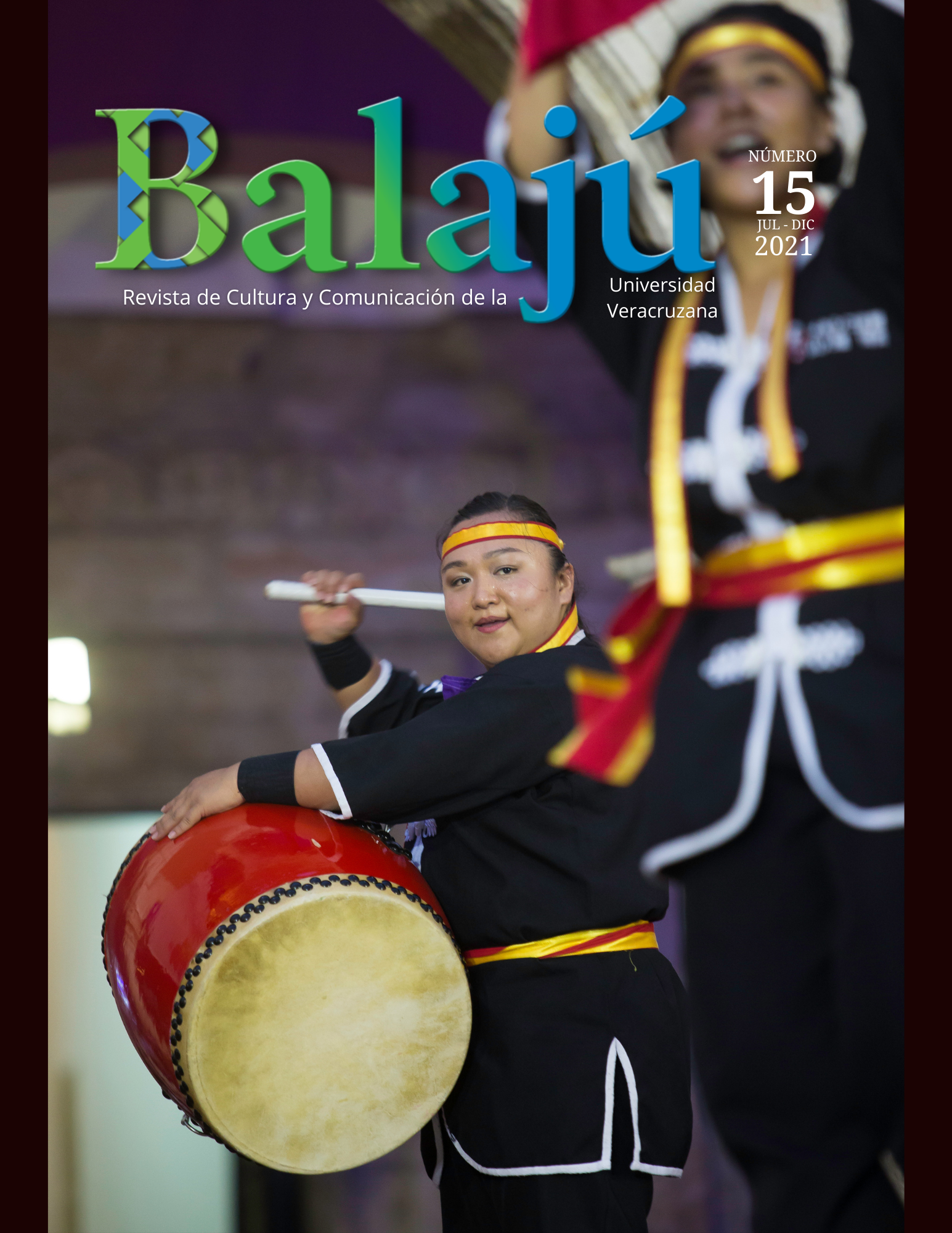Abstract
This report presents the results of an ethnomusicology research project carried out in late 2020 and early 2021, consisting of a comparative study of two Okinawan music exponents in Mexico: Nayuta Tsugaoka and Harumi Perez Nakandakara. The general objective of the project was to contrast the two performers’ artistic activities and to determine the influence of their respective contexts in their work, as well as to draw attention to the presence of Okinawan music in Mexico. We obtained results from interviews carried out via digital platforms. Among our findings, we explored their different backgrounds –Harumi as a Mexican Nikkei, and Nayuta as a recent Japanese emigrant–, how they became interested and started playing this kind of music, as well as some features of the distinct musical genres that they perform, which are classical music and Okinawan folklore respectively.

This work is licensed under a Creative Commons Attribution-NonCommercial 4.0 International License.
Copyright (c) 2022 Universidad Veracruzana


